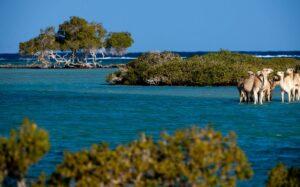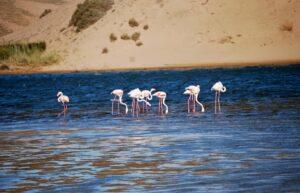Tourism and travel have become integral parts of our lives because of their stress-relieving and stimulating effects on the mind. And it’s one of the sectors contributing most to global GDP growth.
Recent years have seen significant growth in the area’s tourism infrastructure. As a result, traveling to new places is easier than ever. According to the World Tourism Organization, the number of foreign travelers in 2018 hit 1.4 billion, two years ahead of projections.
The Tourism Sector: What Is It?
 Then, describe the tourist sector. Before discussing the tourist business, it is necessary to define the term. The phrase encompasses any action involving the temporary relocation of individuals to a new site. The tourism industry is vital to the economy of many countries.
Then, describe the tourist sector. Before discussing the tourist business, it is necessary to define the term. The phrase encompasses any action involving the temporary relocation of individuals to a new site. The tourism industry is vital to the economy of many countries.
It’s diverse, including the hospitality sector, transportation, and many others. It is crucial to recognize that travel to various destinations is intrinsically tied to tourism, with people traveling for various reasons, including pleasure, business, and others.
However, most definitions of the tourism business exclude any pursuits connected with travel if the individual has a planned stay of more than a year at the place. This implies that, for example, long-term international students and ex-pats are not considered tourists.
Type Of Tourism
With so many attractions, vacation offers something for everyone. In this blog post, we’ll go through several subsets of global tourism. This blog will help tourists plan their trips while providing valuable insight for tour operators and agents.
-
Adventure Tourism
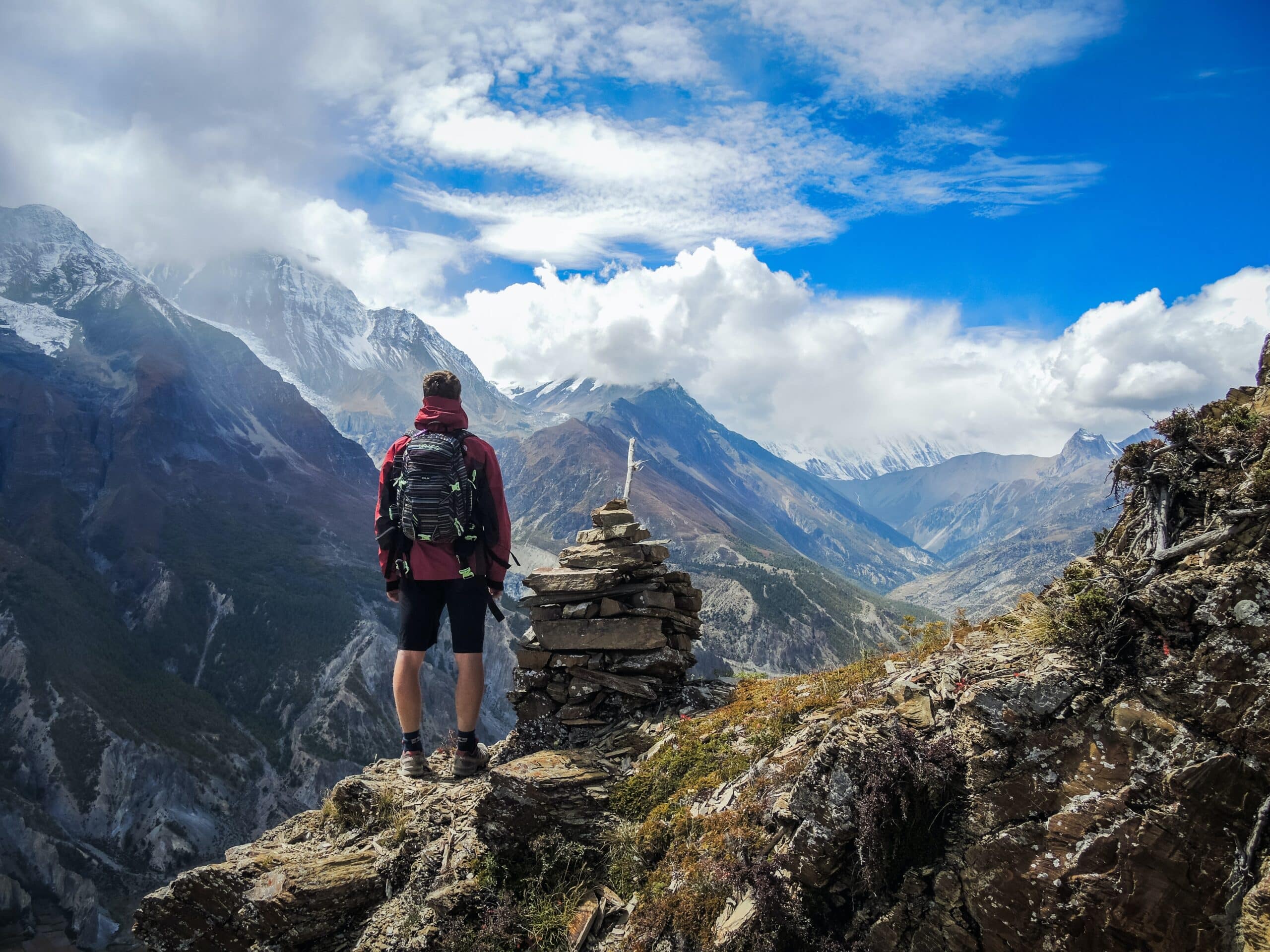 Travelers participating in adventure tourism often trek to uncharted territories, the outcomes of which are predictable. The experience combines physical exertion with a cultural immersion or geographical exploration. “adventure tourism” and “outdoor recreation” are often used interchangeably.
Travelers participating in adventure tourism often trek to uncharted territories, the outcomes of which are predictable. The experience combines physical exertion with a cultural immersion or geographical exploration. “adventure tourism” and “outdoor recreation” are often used interchangeably.
-
Responsible Tourism
 People throughout the globe are worried about the weather right now, and some tourist groups are raising awareness. There has been a rise in awareness regarding the effects of environmental risks on human health. When people travel, they want an excellent long-term influence and give as much as possible to the host community.
People throughout the globe are worried about the weather right now, and some tourist groups are raising awareness. There has been a rise in awareness regarding the effects of environmental risks on human health. When people travel, they want an excellent long-term influence and give as much as possible to the host community.
-
Business Tourism
 This kind of traveler attends conventions, seminars, and other formal gatherings. The tourist industry would collapse without the support of business travelers. In other cases, such as while traveling for work, individuals may spend more than a year away from home.
This kind of traveler attends conventions, seminars, and other formal gatherings. The tourist industry would collapse without the support of business travelers. In other cases, such as while traveling for work, individuals may spend more than a year away from home.
General activities linked to business tourism include attending meetings, formally getting together, conferences, seminars, visiting exhibits and trade fairs, etc. Expenditure power is equalized thanks to tourism.
-
Alternative Tourism
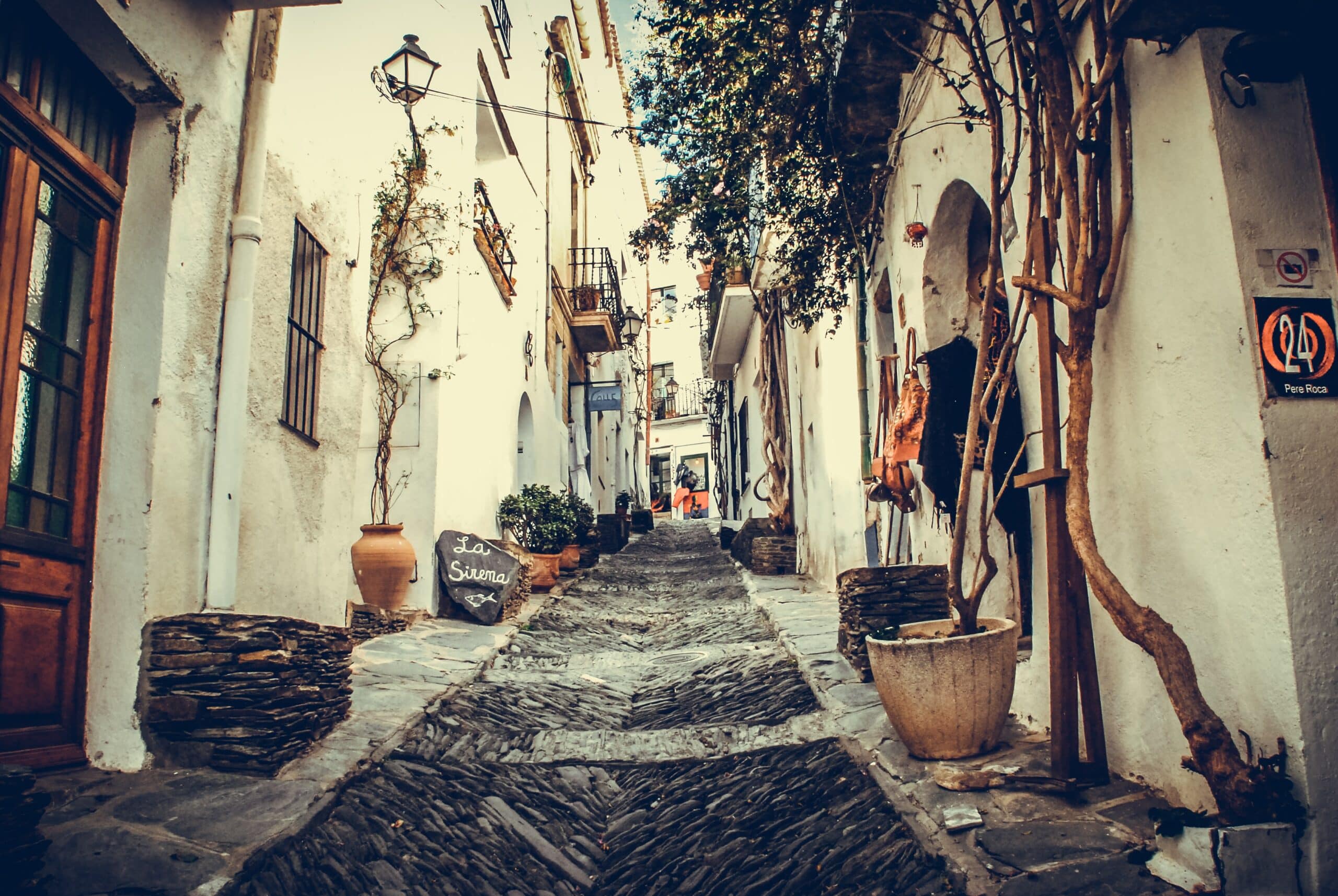 SIT, or “alternative tourism,” refers to trips where participants actively engage with the local government, population, and culture. Many tourists who seek out unique vacation experiences do so because they value environmental protection. Ecotourism, adventure tourism, rural tourism, sustainable tourism, solidarity tourism, etc., are all examples of alternative tourism strategies.
SIT, or “alternative tourism,” refers to trips where participants actively engage with the local government, population, and culture. Many tourists who seek out unique vacation experiences do so because they value environmental protection. Ecotourism, adventure tourism, rural tourism, sustainable tourism, solidarity tourism, etc., are all examples of alternative tourism strategies.
-
Food tourism
 Culinary tourism, another name for food tourism, is the backbone of every thriving tourist destination. The cuisine of a travel location is symbolic of the people and the culture that visitors come to enjoy the scenery and activities. In particular, visitors may form an opinion of a tourist destination based on the cuisine available there. However, “food tourism” does not strictly apply to eating. Everything from growing vegetables to selling them at a market to hosting food tastings. Fast-growing as it is, the culinary tourism industry calls for careful, efficient planning.
Culinary tourism, another name for food tourism, is the backbone of every thriving tourist destination. The cuisine of a travel location is symbolic of the people and the culture that visitors come to enjoy the scenery and activities. In particular, visitors may form an opinion of a tourist destination based on the cuisine available there. However, “food tourism” does not strictly apply to eating. Everything from growing vegetables to selling them at a market to hosting food tastings. Fast-growing as it is, the culinary tourism industry calls for careful, efficient planning.
-
Medical Vacations
 Healing journeys have long been a vital aspect of the travel industry. Visitors interested in improving their health make up the bulk of this industry’s clientele. The stress of both the mind and body may be alleviated by wellness tourism.
Healing journeys have long been a vital aspect of the travel industry. Visitors interested in improving their health make up the bulk of this industry’s clientele. The stress of both the mind and body may be alleviated by wellness tourism.
Tourists who have health problems often seek solutions while traveling. There are many places to visit globally known for their positive effects on visitors’ health.
-
Birth Tourism
 “Birth tourism,” sometimes known as “maternity tourism,” refers to expecting mothers who go to another nation to give birth. This is done mainly to secure citizenship at birth. Other considerations include access to public schools, healthcare, and sponsorship for the parents. Countries such as the United States, Canada, Mexico, Argentina, Brazil, Bolivia, Jamaica, and Uruguay provide citizenship upon birth.
“Birth tourism,” sometimes known as “maternity tourism,” refers to expecting mothers who go to another nation to give birth. This is done mainly to secure citizenship at birth. Other considerations include access to public schools, healthcare, and sponsorship for the parents. Countries such as the United States, Canada, Mexico, Argentina, Brazil, Bolivia, Jamaica, and Uruguay provide citizenship upon birth.
-
Culture-Based Tourism
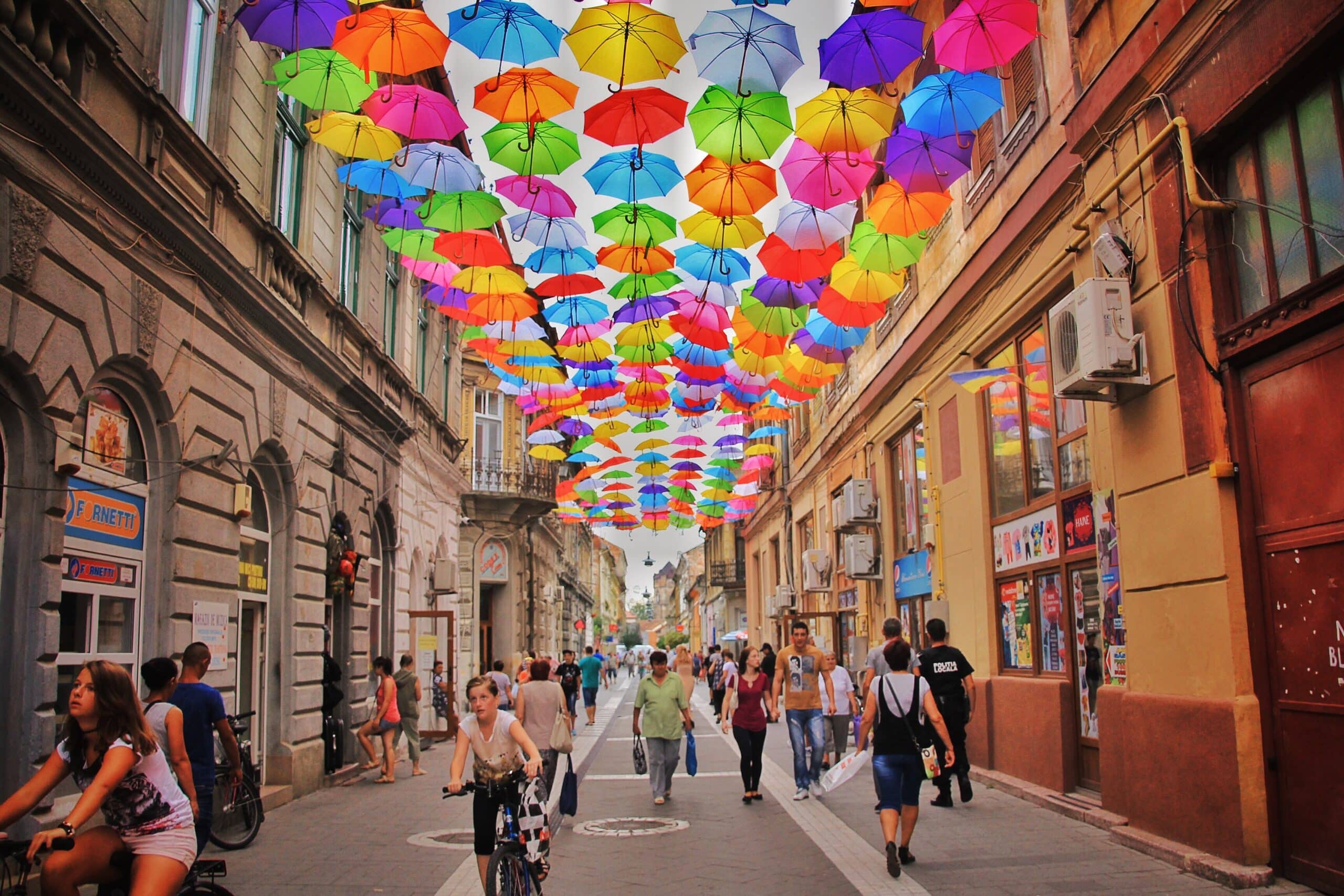 Traveling to another country to learn about and experience its cultural practices and traditions is known as cultural tourism. It goes beyond the scope of regular business. This sort of tourism helps promote aboriginal communities’ culture, customs, variety, and richness to the rest of the globe. See the country’s cultural and historical highlights while you’re there.
Traveling to another country to learn about and experience its cultural practices and traditions is known as cultural tourism. It goes beyond the scope of regular business. This sort of tourism helps promote aboriginal communities’ culture, customs, variety, and richness to the rest of the globe. See the country’s cultural and historical highlights while you’re there.
-
Honeymoon Tourism
 Honeymoon tourism is taken shortly after a couple gets married. Generally, newlyweds spend more on this than any other sort of travel. Cappadocia, Turkey; Harbour Island, Bahamas; Harbour Island, Bahamas; Livingstone, Zambia; Pacuare River, Costa Rica; Sintra, Portugal; Sintra, Portugal; Railay, Thailand; Torres del Paine, Chile; are just a few of the world’s most popular honeymoon places.
Honeymoon tourism is taken shortly after a couple gets married. Generally, newlyweds spend more on this than any other sort of travel. Cappadocia, Turkey; Harbour Island, Bahamas; Harbour Island, Bahamas; Livingstone, Zambia; Pacuare River, Costa Rica; Sintra, Portugal; Sintra, Portugal; Railay, Thailand; Torres del Paine, Chile; are just a few of the world’s most popular honeymoon places.
The tourism business is incredibly diversified yet plays a crucial part in the economic development of many nations. Tourists are often described as individuals coming to destinations distant from their homes, on a short-term basis, for non-financial reasons. The tourism business comprises all services associated with this process. Lastly, read more about travel around the world here.
